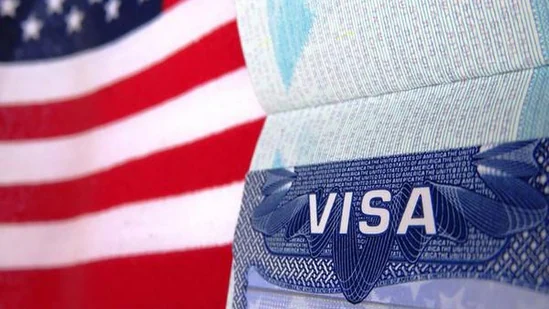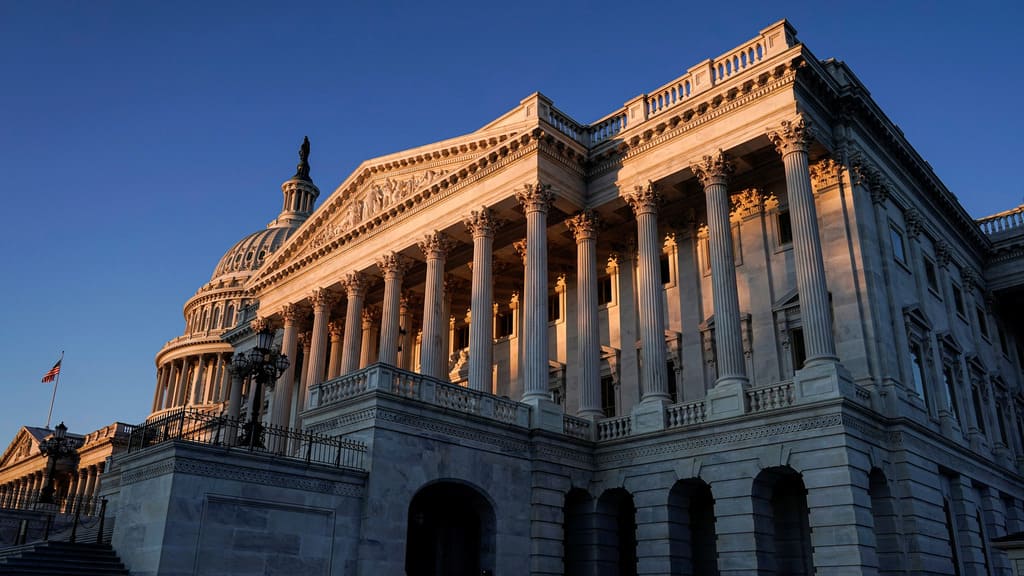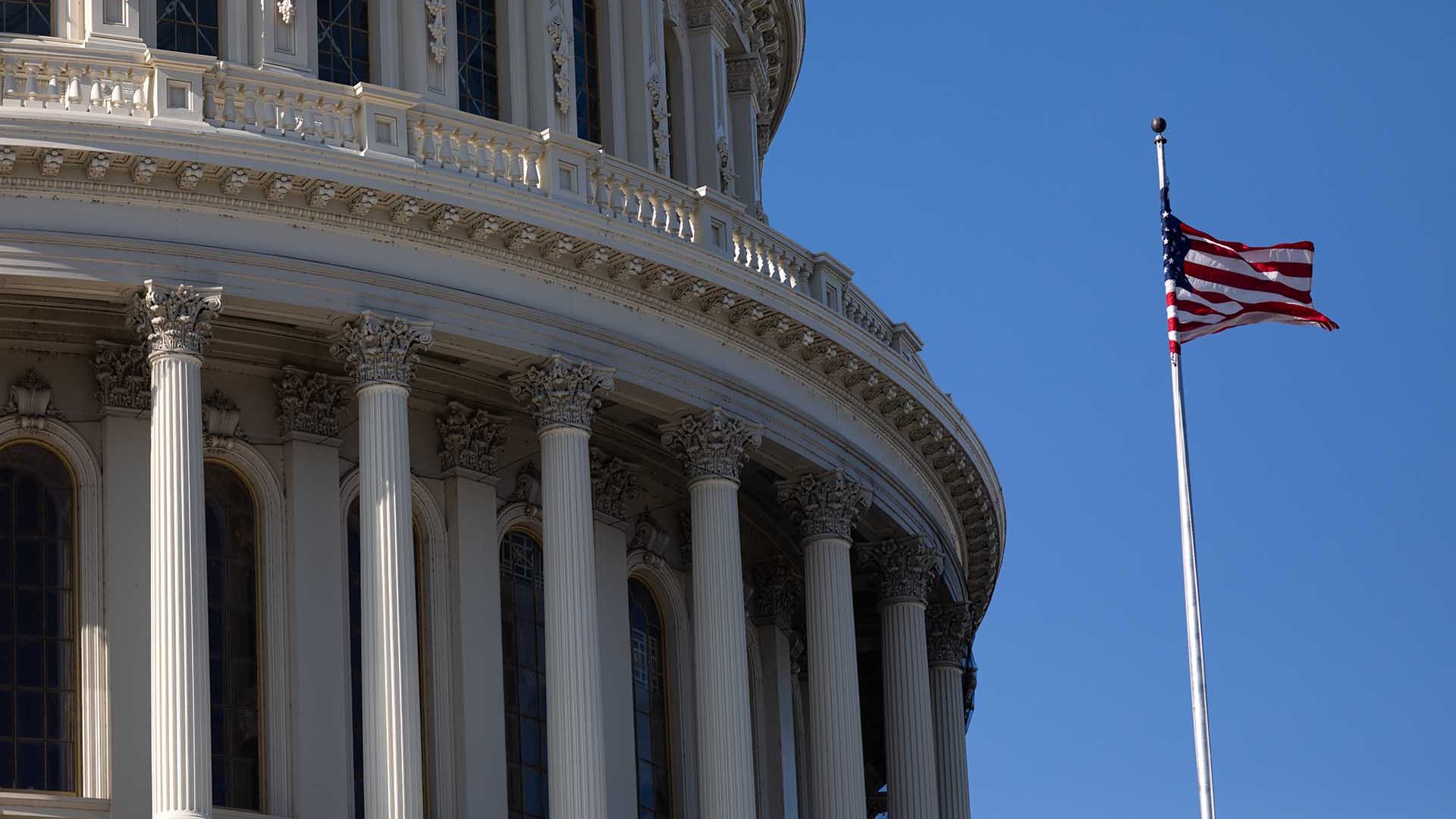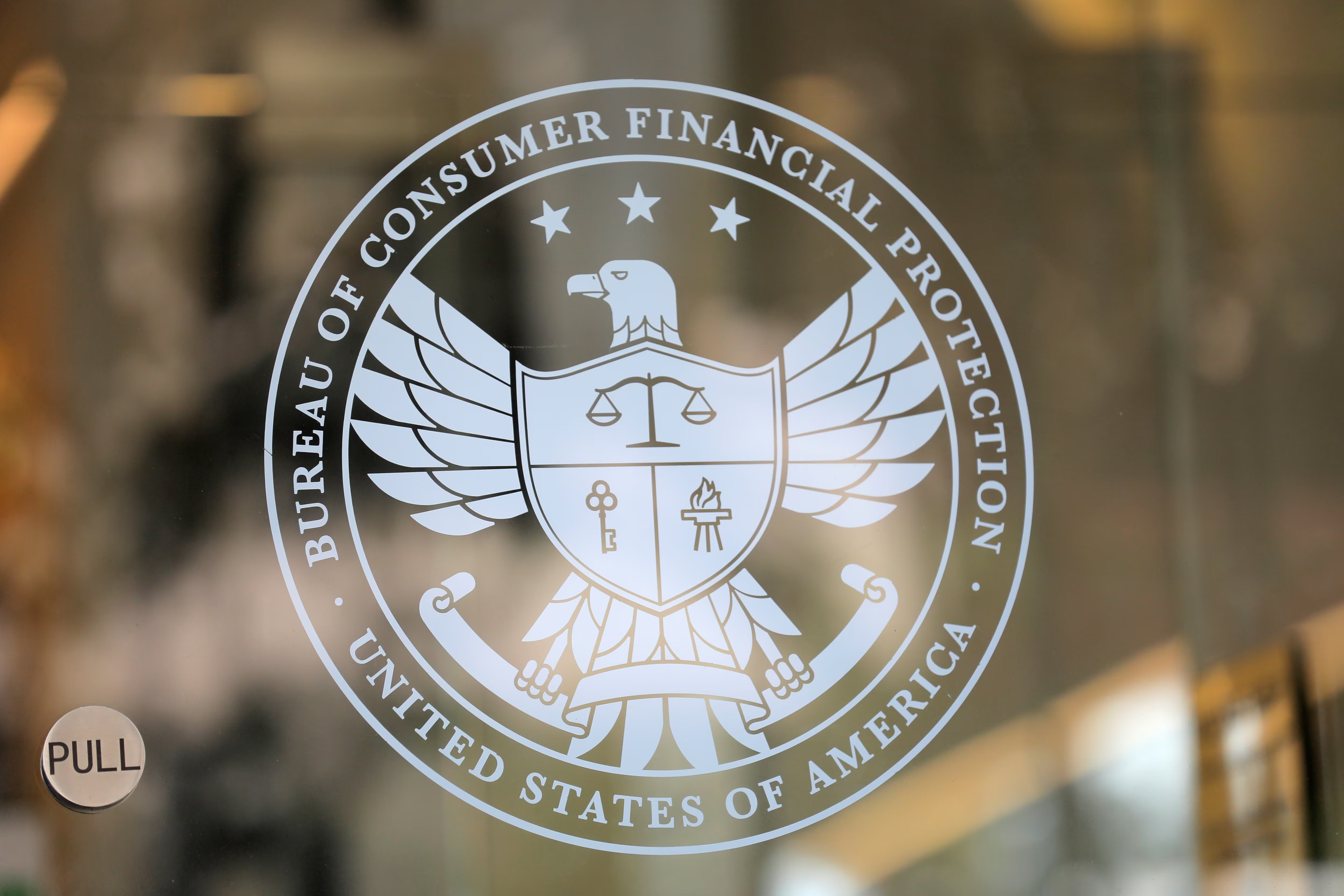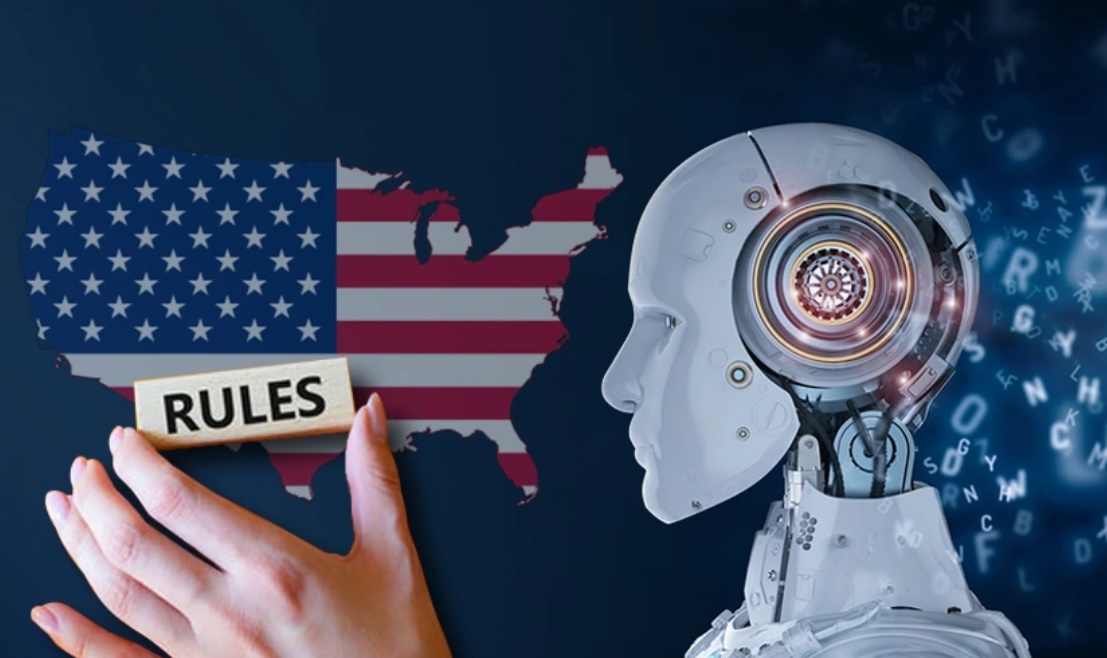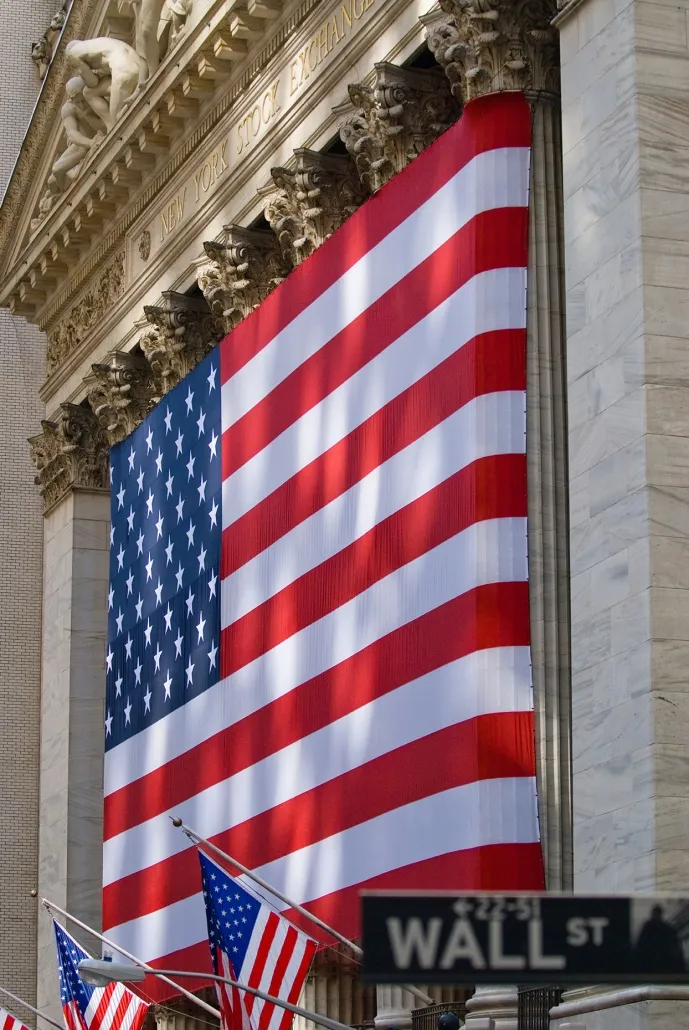🏛️✍️ Rule by Pen: The Surge in Executive Orders and America’s Power Shift in 2025
BynambiPublished 88 days ago
📜 What Are Executive Orders?
An executive order is a directive from the President that manages operations of the federal government. While they don’t require Congressional approval, they carry the force of law.
Historically, they've been used during wars, emergencies, or to implement bureaucratic changes. But today, they’re being used to push major national policies — often igniting legal and constitutional debates.
🔥 Executive Action in 2025: What's Being Ordered?
President Trump has already issued over 30 executive orders in the first half of 2025. Key focus areas include:
National Drone Defense Initiatives
New funding and rules to counter drone surveillance and attacks.
Supersonic Flight & Air Taxi Programs
Grants and airspace clearance to boost futuristic air mobility.
Election Integrity and Uniform Voting Standards
Mandating voter ID laws and electronic ballot verification across states.
Energy Deregulation
Removing restrictions on fossil fuel exploration and fast-tracking pipeline construction.
🧱 Federal vs. State Power: A Growing Rift
These federal mandates are not going unchallenged.
States like California, New York, and Illinois have filed lawsuits, claiming constitutional overreach.
Red states, in contrast, have largely embraced the orders — even expanding on them locally.
This clash highlights a deeper trend: America is operating like 50 policy laboratories, each interpreting and implementing federal rules differently.
👩⚖️ Legal Battles Brewing
Legal experts are already bracing for a busy Supreme Court term:
Challenges to federal control over elections
Debates on whether certain orders violate separation of powers
Disputes over environmental deregulation vs. state climate policies
Many see this as a potential constitutional crisis in slow motion.
🗳️ The Public’s Take: Divided and Distrustful
Polls from Pew and Gallup show:
57% of Americans believe the President is overusing executive power.
41% support the action, citing “faster results” and “decisive leadership.”
Youth voters (under 30) are the most skeptical — preferring policy change through legislation, not executive fiat.
🚨 Why It Matters
If this trend continues, the executive branch could effectively become the most powerful lawmaking body in America, shifting the system of checks and balances.
Some worry this sets a dangerous precedent:
“What one president can do with a pen, the next can undo — or make even more extreme.”
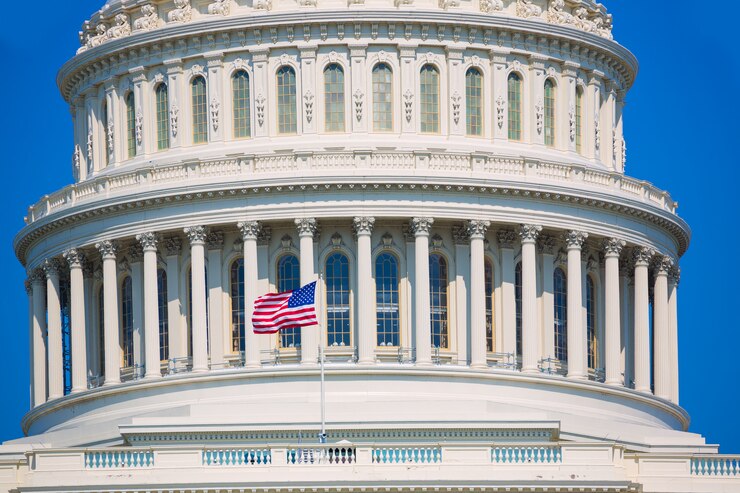



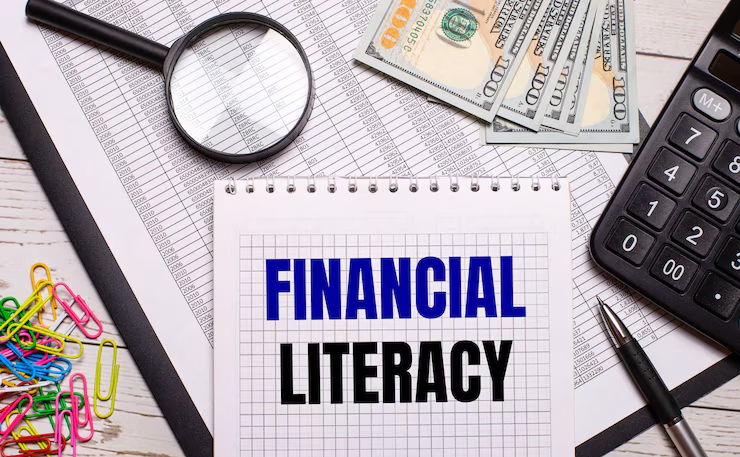


.avif)



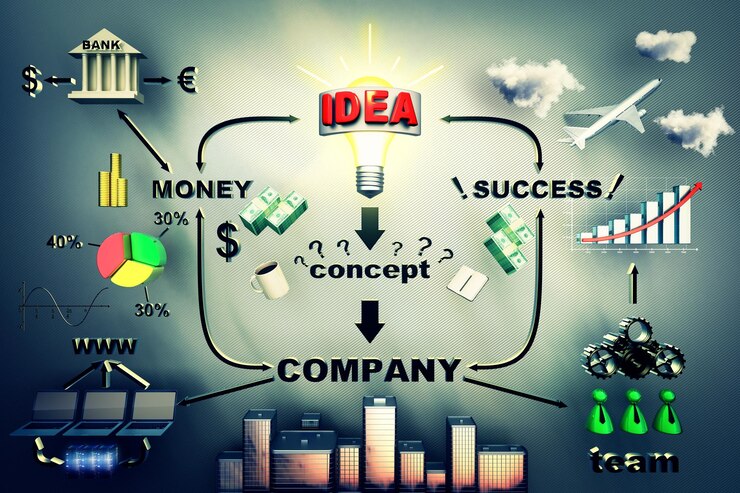

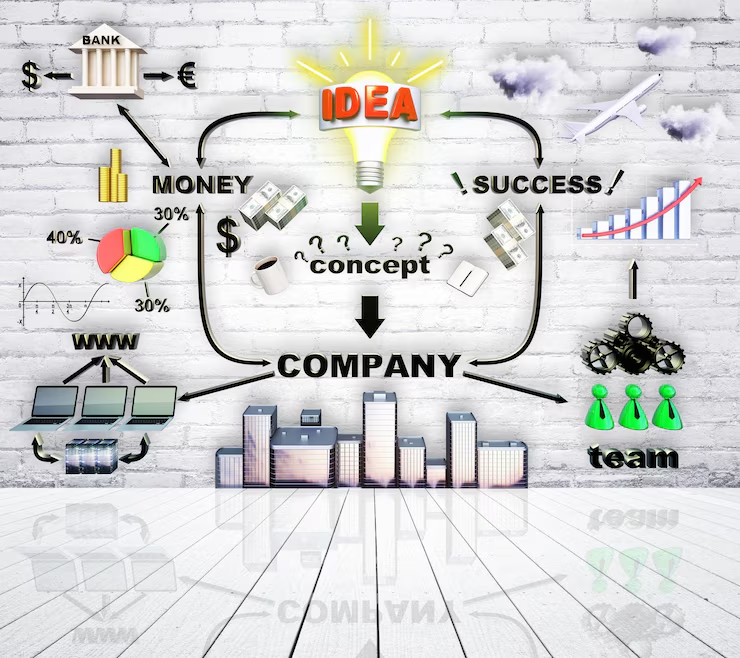

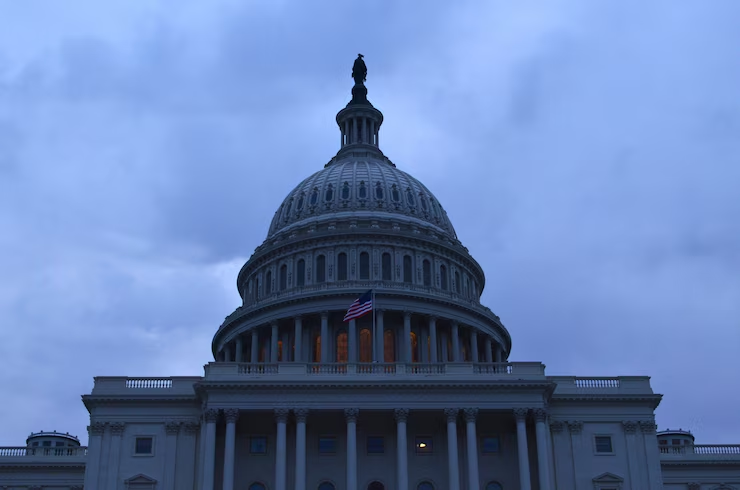
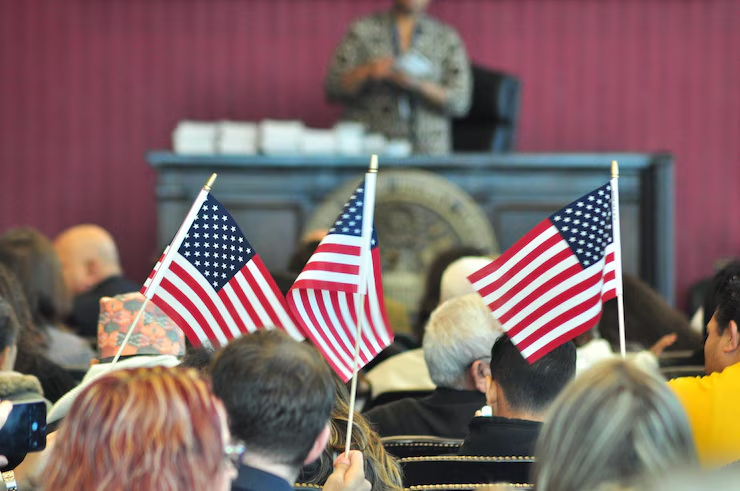





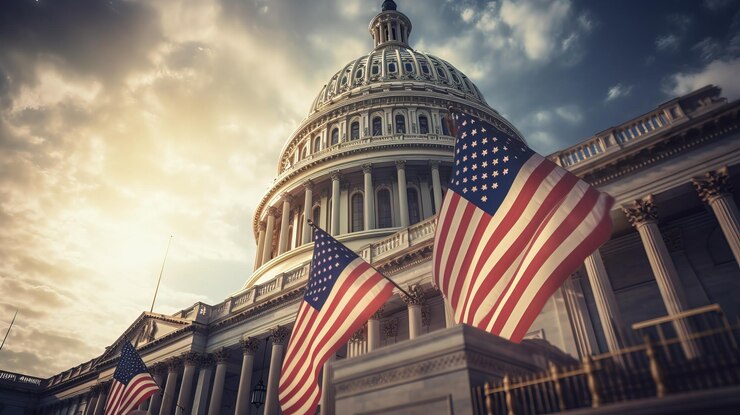

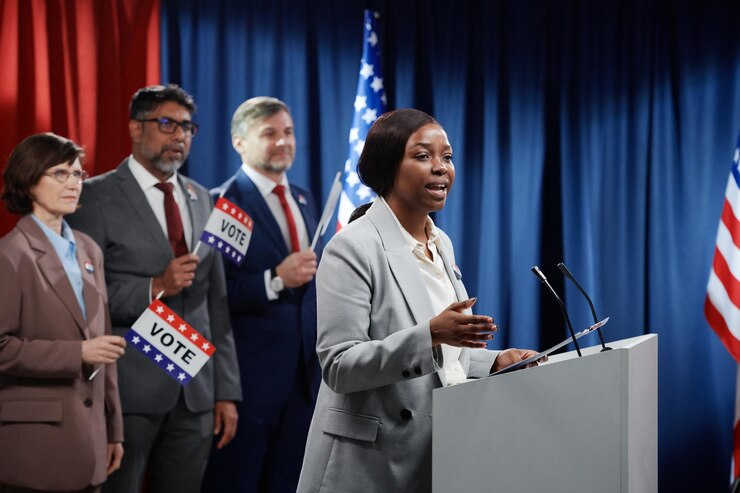
.jpg)





.png)
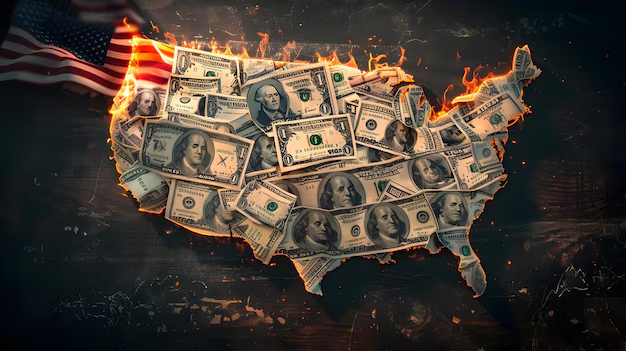
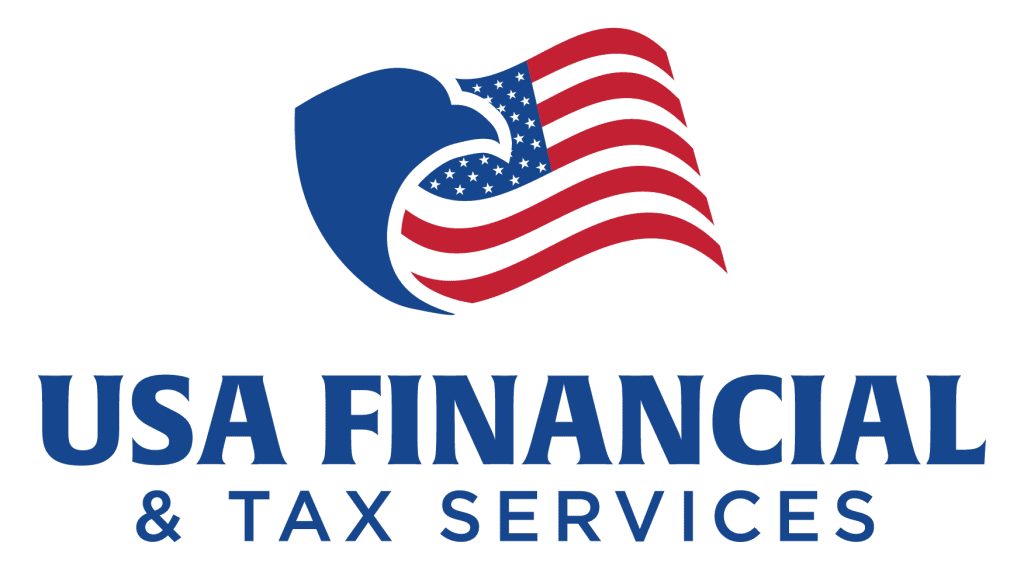

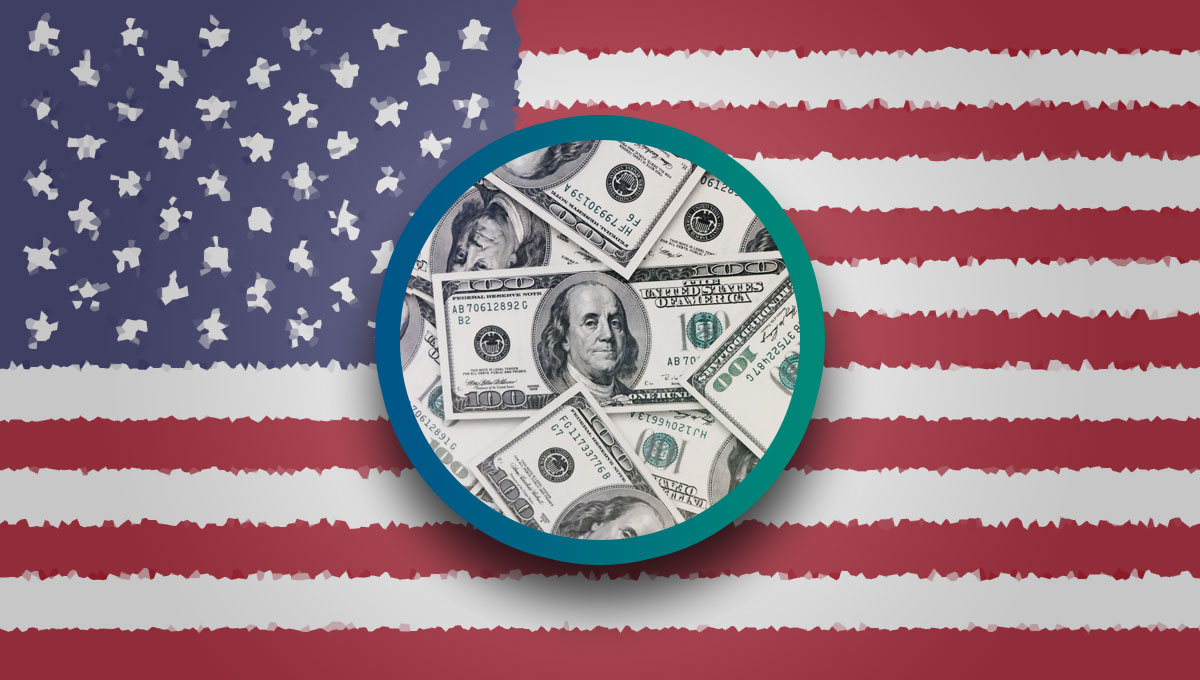
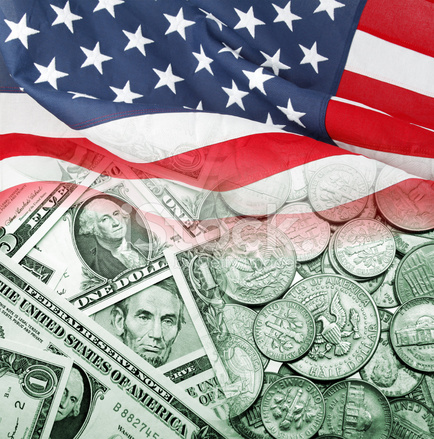


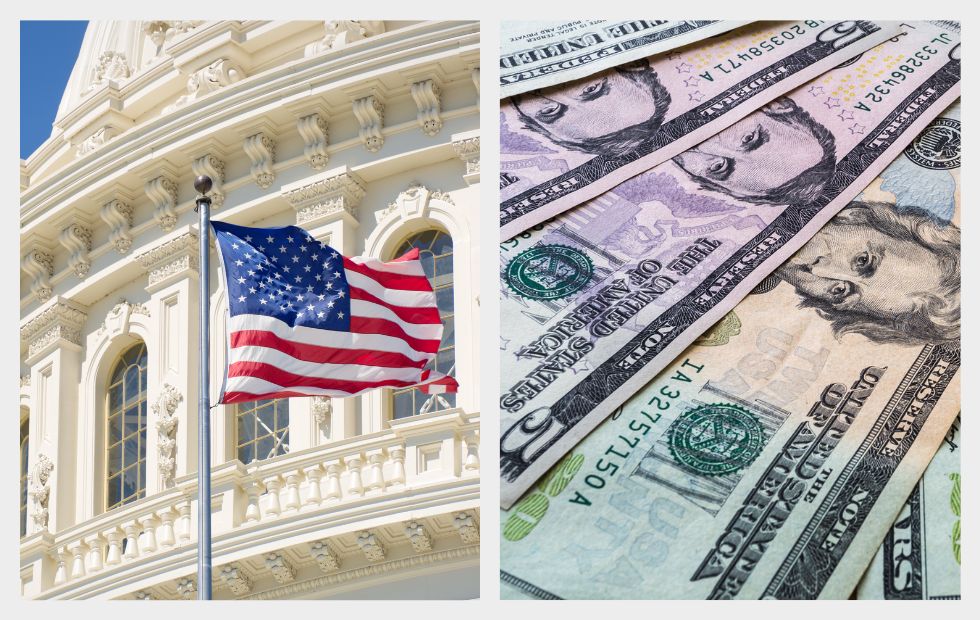

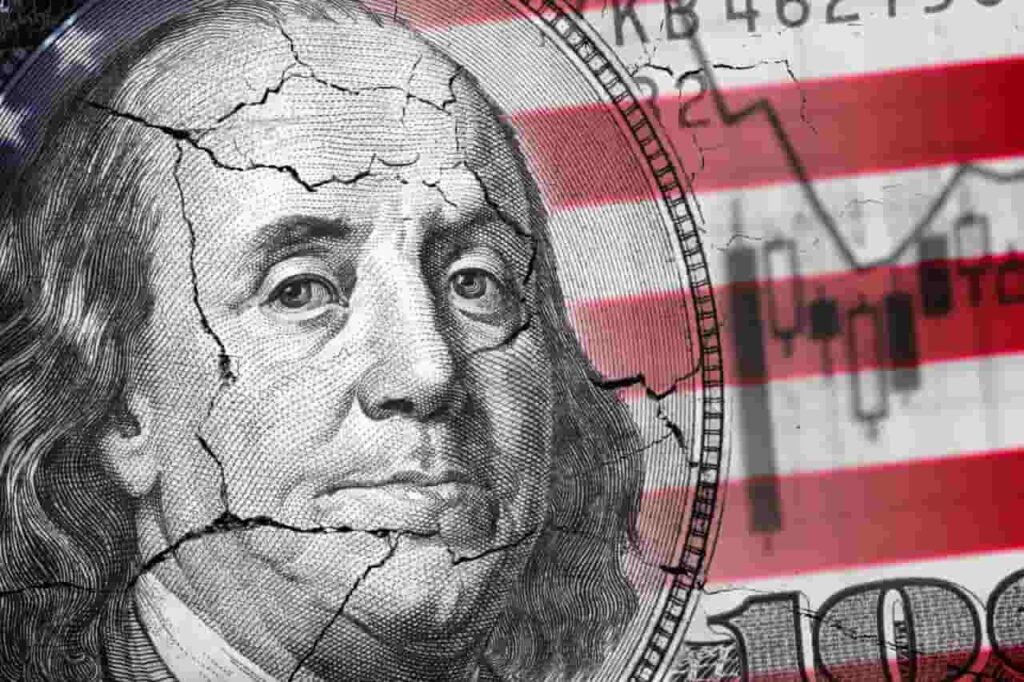
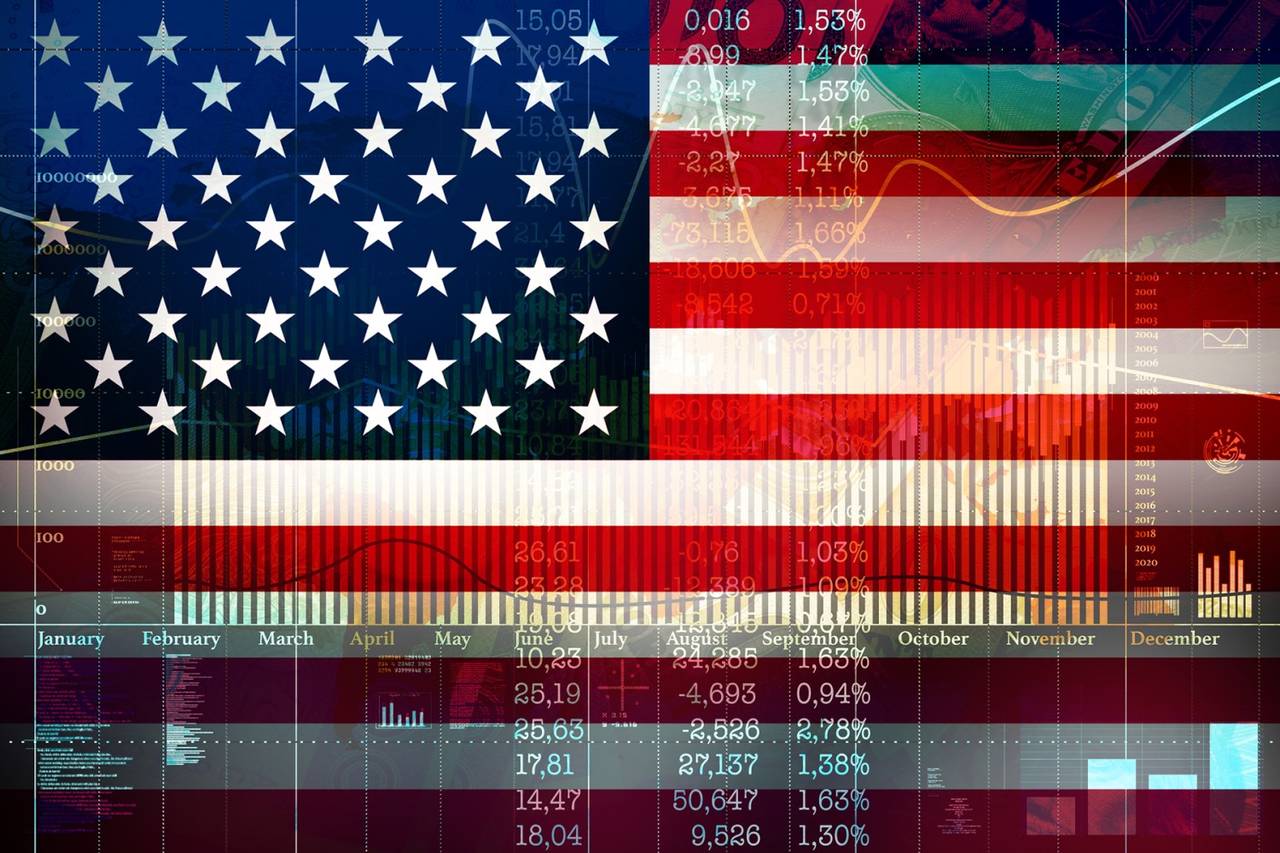


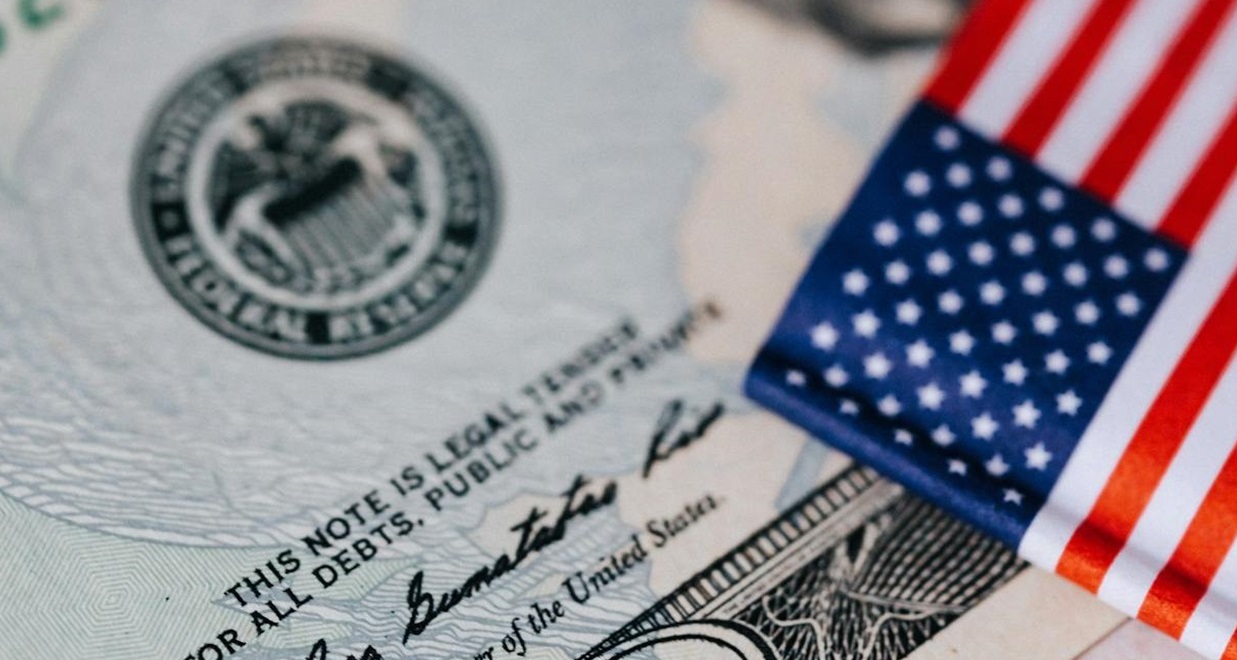
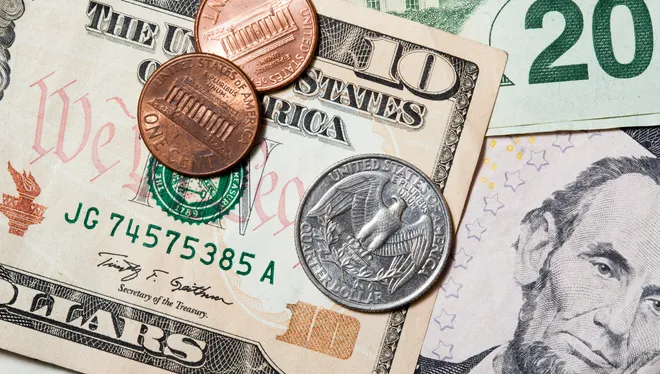





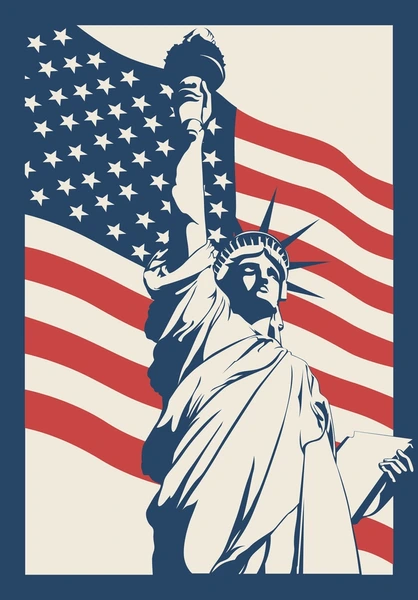
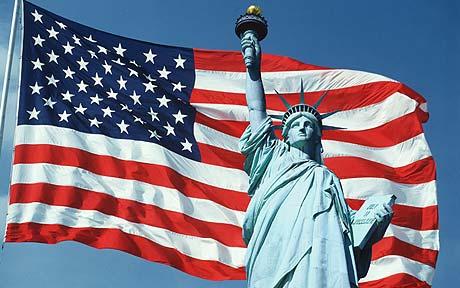

.jpg)
